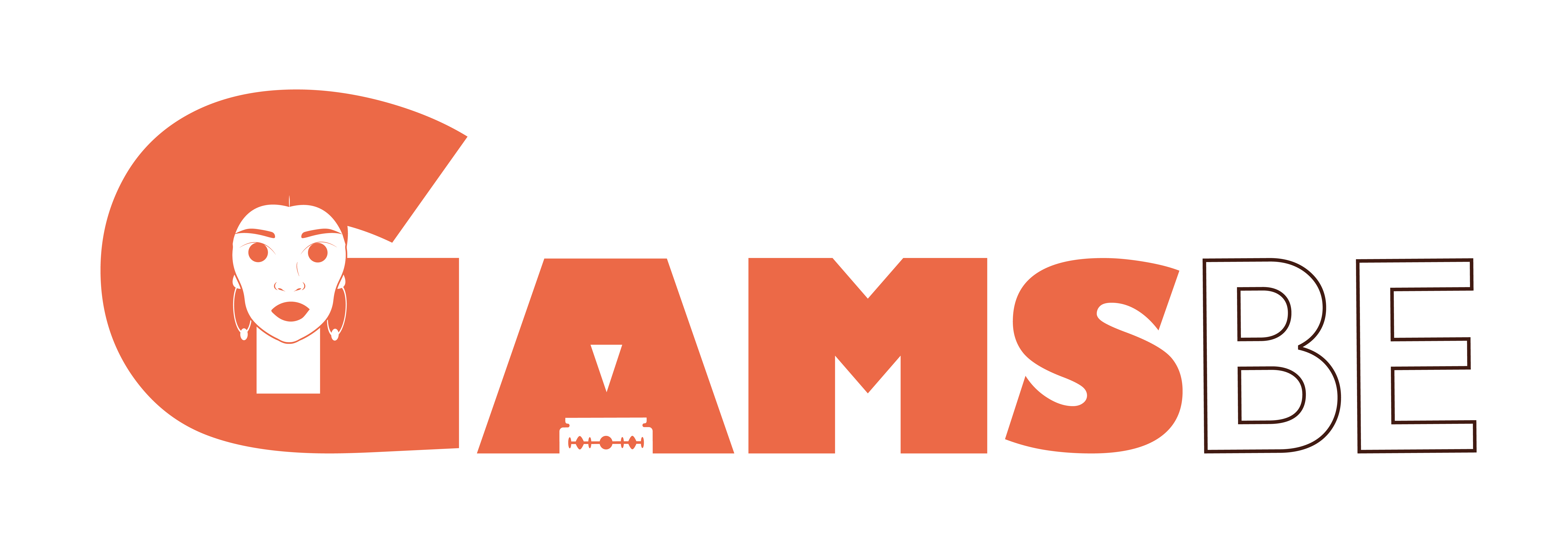Press release
Combatting female genital mutilation in Belgium: striking disparities between the regions undermine prevention efforts and put children at risk
As the International Day of Zero Tolerance for Female Genital Mutilation (FGM) approaches, GAMS Belgium denounces the lack of a harmonized policy in Belgium regarding the fight against FGM.
Every February 6th, on the occasion of the International Day of Zero Tolerance for FGM, there are numerous public commitments to combat FGM in Belgium and around the world. Despite these promising words, the Belgian association GAMS Belgium, specialized in this field, must struggle every year to obtain the necessary funds for its prevention, protection, and support activities for those affected by female genital mutilation.

However, there is some good news! Minister Christie Morreale has just officially announced the sustainability of GAMS Belgium’s activities in Wallonia through its recognition as a support service for victims of gender-based violence. “Combating FGM means developing effective prevention, protection, and support strategies for those affected. It means enabling them to access services like GAMS Belgium. That’s why we have made the work of this association sustainable in Wallonia, through its branches in Namur and Liège.” GAMS calls for each region to offer this structural funding mechanism to associations combating violence against women, as Wallonia does.
According to the latest prevalence study in 2018, more than 8,000 affected women and girls live in the Brussels-Capital Region, and over 11,000 reside in Flanders. Paradoxically, it is in Flanders (where the needs are greatest due to the number of affected individuals) that the financial resources allocated by the government are the lowest: €63,500 per year to cover prevention work for the entire region of Flanders! The result of this lack of political commitment is an increase in situations at risk in Flanders, with calls from professionals who do not know how to manage situations, and an overwhelmed team at GAMS Belgium.
“The lack of funding for grassroots associations that can raise awareness among families and the lack of training for professionals clearly put children in danger,” says Fabienne Richard, director of GAMS Belgium. “We are increasingly working urgently on risky situations and liaising with the public prosecutor’s office, youth support services… Whereas preventive work upstream would avoid all this stress for the child. The day we discover FGM in a child born in Belgium, we should not say that we didn’t know.”
Once again, GAMS Belgium emphasizes the need to train professionals in contact with affected women. The integration of the FGM issue into the basic curriculum is making progress in the French Community of Belgium with the work carried out with ARES (Academy of Research and Higher Education), but it is not on the agenda in Flanders at the moment.
GAMS Belgium calls for a harmonized policy between regions and structural funding for associations, similar to what is done in Wallonia for support services for victims of gender-based violence. “We are exhausted by project-based approaches, by this lack of structural support, by situations where we do the state’s work by working beyond office hours in the evenings and weekends because we cannot abandon children in danger. It is high time to set priorities regarding violence against women and girls and to support grassroots associations,” says Katrien de Koster, coordinator of GAMS Belgium’s activities in Flanders.
Press contact:
Fabienne Richard
Director of GAMS Belgium and FGM reference midwife
0473 41 06 91 | fabienne@gams.be
About GAMS Belgium:
Since 1996, GAMS Belgium (NGO) has been working to end female genital mutilation in Belgium and beyond. Its team collaborates with affected communities and engages in prevention, support, professional training, and advocacy work. GAMS Belgium is a member of the European End FGM Network and the Inter-African Committee on Harmful Practices (IAC).
